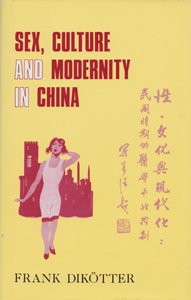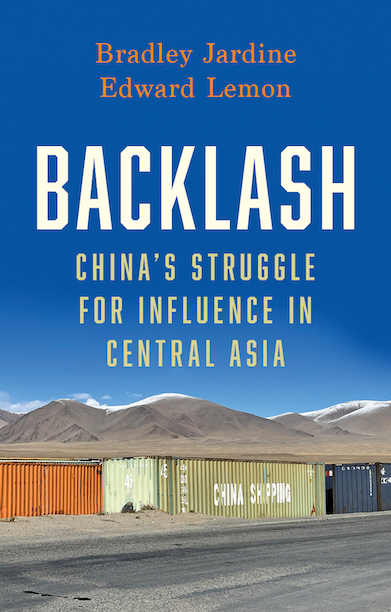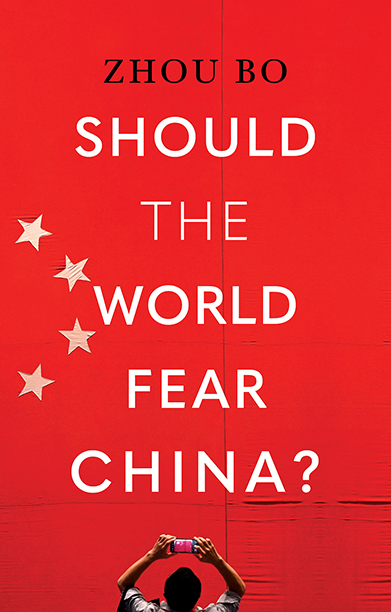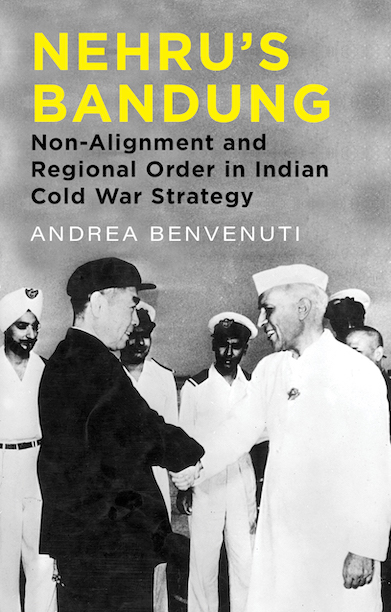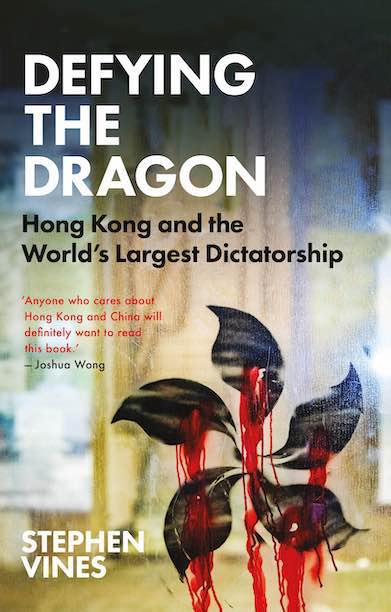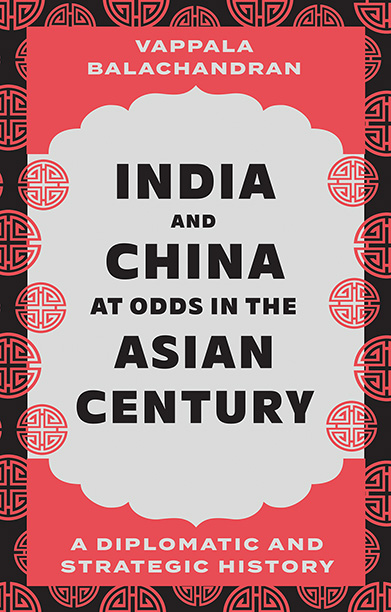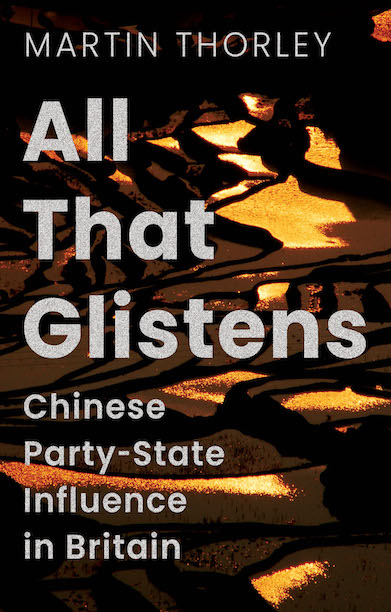Sex, Culture and Modernity in China
Medical Science and the Construction of Racial Identities in the Early Republican Period
Description
‘Sex’ emerged as an independent field of study during the New Culture Movement (1915-21). The anatomy of the reproductive system, the physiology of internal secretions, the nature of sex, the determination of sexual differences, the mechanisms of reproduction, the genetic foundation of sexual differentiation and other related issues were investigated by a rapidly growing number of social thinkers. The result was a flood of pamphlets, booklets, surveys and studies, breaking what was called the conspiracy of silence around the ‘mystery of sex’ or ‘xingshenmi’. New society, it was claimed, had the right to investigate human sexual life scientifically. This book combines the history of science and cultural history to provide a study of the re-conceptualization of human sexuality and reproduction. It focuses on the period between the Sino-Japanese War of 1894-5 and the communist takeover in 1949, an era of transition marked by the gradual introduction of new thought systems from the West. Notions of ‘sex’ in modern China were based on ‘new’ ideas about anatomy, physiology and heredity; they were also part of an alternative paradigm defined by evolutionary notions of time and space. Sex, Culture and Society in Modern China is based on an analysis of both medical and lay texts such as handbooks, marriage guides, and introductions to physiology and sexual hygiene. Texts of scientific popularization are examined in detail, since they provide valuable information on how scientific ideas were re-interpreted and integrated into an indigenous conceptual framework that was marked by a continuity with the past. Texts belonging to the higher levels of culture are equally important, since many members of the academic community in Republican China were influenced by the introduction of evolutionary biology, embryology, anatomy, physiology, and medicine. Within all cultural levels, however, social prejudice and gender bias converged in the use of biology to reconstruct new social categories: the regulation of sexuality became instrumental in the maintenance of social norms.
Author(s)
Frank Dikötter is Chair Professor of Humanities at the University of Hong Kong. Before moving to Asia in 2006, he was Professor of the Modern History of China at the School of Oriental and African Studies, University of London. He has published nine books about the history of China, including two international bestsellers, Mao's Great Famine, which won the BBC Samuel Johnson Prize for Non-fiction in 2011, and The Tragedy of Liberation: A History of the Chinese Revolution, 1945-1957.
